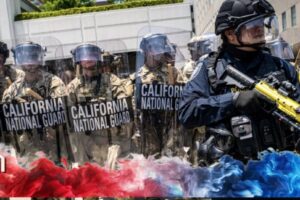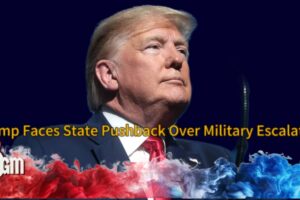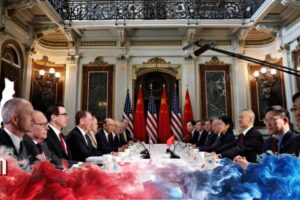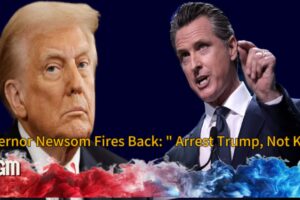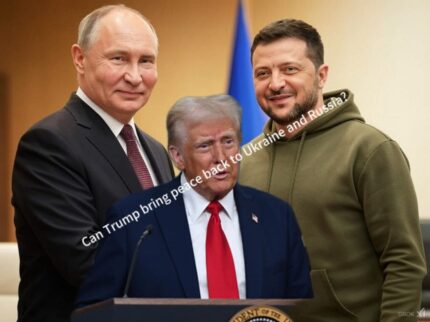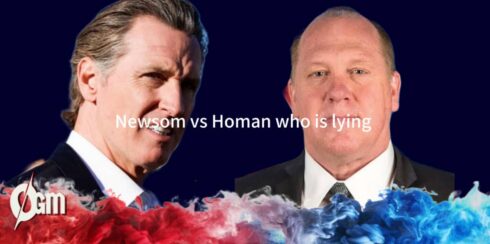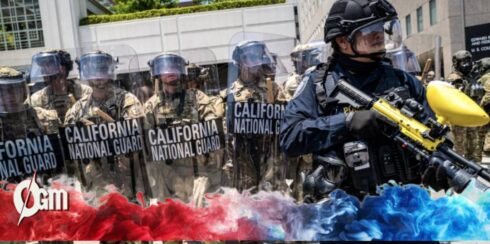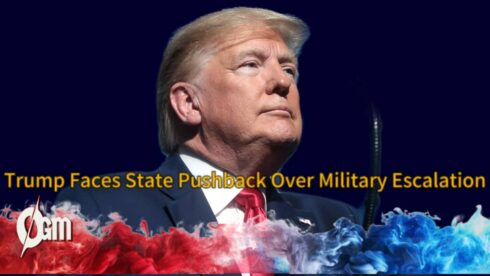U.S. President Donald Trump has declared that Russia and Ukraine are “very close to a deal,” following high-level talks between his envoy, Steve Witkoff, and Russian President Vladimir Putin in Moscow. Speaking to reporters in Rome on Saturday ahead of Pope Francis’ funeral, Trump described Friday’s negotiations as a “good day,” emphasizing that “most of the major points are agreed to.” He called on Russia and Ukraine to meet “at very high levels” to finalize the agreement.
The Kremlin, for its part, characterized the talks as “constructive,” with Putin aide Yuri Ushakov noting that discussions had “brought the Russian and U.S. positions closer together” not only on Ukraine but also on broader international issues. Notably, Ukraine was absent from these negotiations, heightening concerns in Kyiv about being sidelined in critical decisions affecting its territorial integrity.
Ukraine Demands ‘Real Pressure’ as Concerns Over Territorial Concessions Grow
Ukrainian President Volodymyr Zelensky reacted cautiously to Trump’s announcement, insisting in a late Friday video address that “real pressure on Russia is needed” to achieve a full and unconditional ceasefire. Zelensky reiterated his longstanding position that only a ceasefire without preconditions could open the door to meaningful negotiations, including on sensitive territorial issues.
Reports emerging from Washington’s peace proposals suggest Ukraine may be asked to concede large areas of land annexed by Russia, including the Crimean peninsula, which Moscow seized in 2014. Zelensky has categorically rejected the idea of recognizing Crimea as Russian territory, declaring, “Only the Ukrainian people have the right to decide which territories are Ukrainian.” Nevertheless, in a BBC interview, he hinted that a complete ceasefire might allow for broader discussions, indicating a slight but notable softening of Kyiv’s stance under mounting pressure.
U.S. Peace Plan Favors Russia, Sparks Alarm in Europe and Kyiv
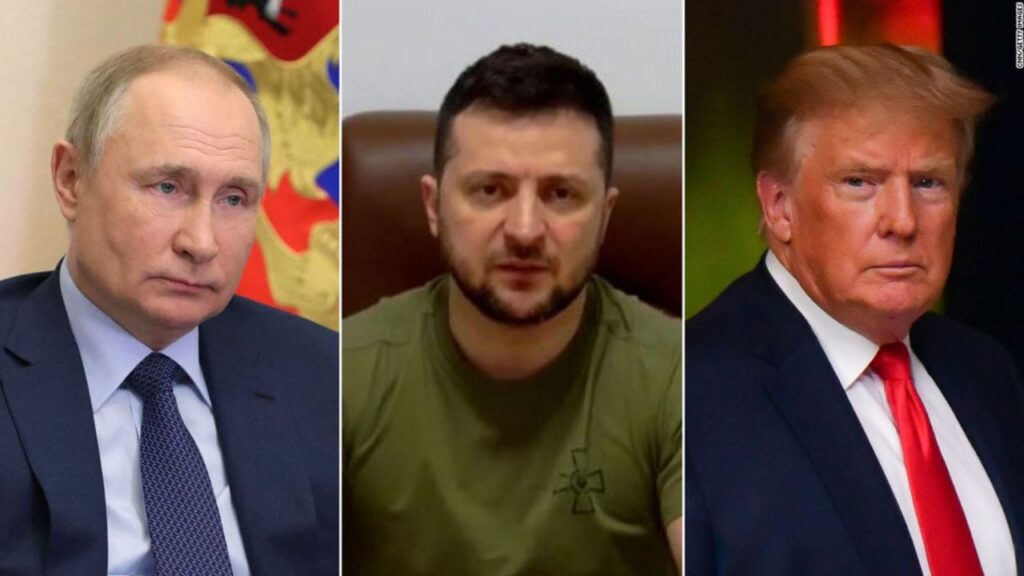
Although not officially released, details of the U.S. peace proposal reported by Reuters suggest significant concessions to Moscow. Under the plan, Russia would retain control over Crimea and other territories it currently occupies, including the entire Luhansk region. Furthermore, the proposal reportedly rules out future Ukrainian membership in NATO, a long-standing point of contention that Russia views as a direct threat.
European and Ukrainian officials have expressed concern over the disparity between Washington’s proposal and their own positions. While Kyiv and its allies are willing to discuss the fate of occupied territories only after a ceasefire, the U.S. plan appears to preemptively acknowledge Russian control. Zelensky’s aides have emphasized that any settlement must respect Ukraine’s sovereignty and territorial integrity, warning that ceding land without public consent could spark political turmoil within Ukraine itself.
Crimea Remains the Core Stumbling Block to Lasting Peace
Crimea has once again emerged as a central flashpoint in the ongoing negotiations. Trump, in comments to Time magazine, said he believed Crimea would “stay with Russia,” an assertion that stirred significant unease in Ukraine. While Zelensky admitted that Ukraine currently lacks the military means to reclaim Crimea, he remains steadfast that its status must ultimately be decided by the Ukrainian people.
Despite acknowledging the realities on the ground, Zelensky warned against prematurely legitimizing Russian claims. His administration continues to stress the importance of international law and the principle that borders cannot be changed by force. Meanwhile, Trump’s apparent endorsement of Russia’s territorial gains has emboldened Moscow, raising fears that a hasty agreement could entrench the current situation and undermine future Ukrainian sovereignty.
Escalating Violence Underscores Fragile Diplomatic Efforts
As talks of a potential deal unfolded, violence on the ground continued unabated. On Thursday, a Russian missile strike on Kyiv killed 12 people and injured dozens more, highlighting the urgent need for a ceasefire. Zelensky blamed the attack on Russia’s growing arsenal, reportedly augmented by missile imports from North Korea, and criticized the international community’s failure to sufficiently pressure Moscow and its allies.
Trump, responding to the Kyiv strike, posted a direct plea to Putin on social media, writing, “Vladimir STOP!” Yet he also controversially suggested that Ukraine’s aspirations to join NATO were the original cause of the war, remarks likely to complicate relations with Kyiv further. As Washington, Moscow, and Kyiv navigate this fraught moment, it remains unclear whether peace is truly within reach—or whether the deep divisions between the parties will prolong a war that has already claimed thousands of lives weekly.


